Keep calm and carry on: Wuhan resident Simon Carter reveals live in a lockdown city
In Wuhan, Adelaide expat Simon Carter and his Chinese wife and daughter have a more mundane domestic concern than coronavirus. It’s cabin fever.
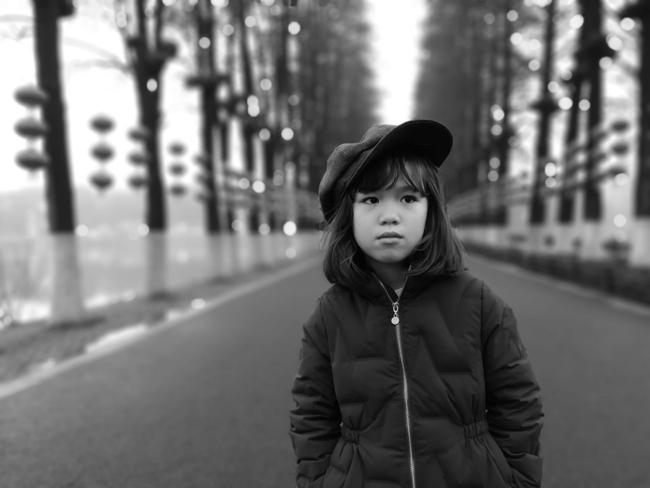
I have lived in Wuhan for four years. My wife is from the city. We met at the University of Adelaide when I was doing a PhD in mathematics in 2005, and I now work as a geophysicist at one of Wuhan’s universities.
We have a beautiful daughter, Imogen, who is about to turn seven. She attends school in Wuchang, near the centre of Wuhan.
I first heard about the virus about three week ago. People outside China have a mistaken idea that everyone here is completely uninformed and kept in the dark, but that is untrue. There is plenty of social media and it is not too difficult to access Western news sites.
Concerns over the virus started to increase in the past week. On January 20 I took the ferry across the Yangtze River from Wuchang to Hankou, which is always a nice outing for my daughter and me.
I enjoy black-and-white photography and I took a shot of the 25-odd people standing near the back of the boat. About five of them were wearing face masks. This is not unusual — people here occasionally wear masks during winter to avoid the flu.
A young man wearing a mask showed me a message on his phone about the virus. I said I knew about it and he should not be too alarmed.
A couple of days later the situation had completely changed. Suddenly everyone was wearing masks — they were now compulsory.
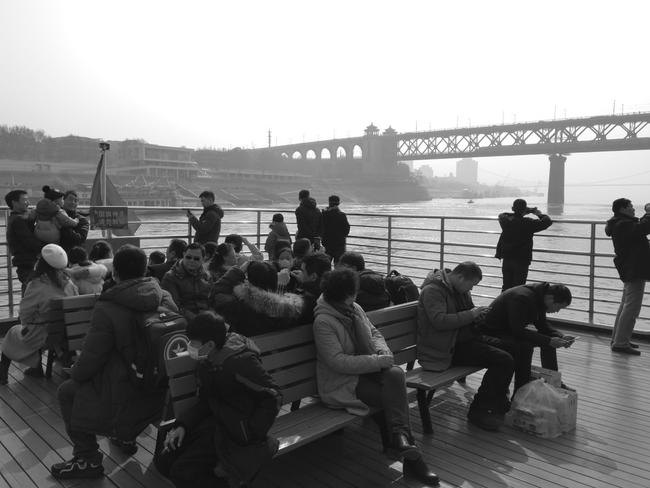
SMS warnings and updates were appearing more regularly on my phone.
Last Thursday my wife asked if her parents should come over to stay. I half-joked that if transport was shut down they would be stuck with us for two weeks. The next day the subway and buses did shut down, and a day after that cars were ordered off the roads.
BBC online was running images of empty food shelves and people claiming there was nothing left to eat. Other articles explained that Wuhan was in “the grip of fear”.
On Friday I went out to our local supermarket. It was open, and the shelves were packed with food as shoppers, all with masks on, did their daily rounds.
I didn’t see anyone desperately filling their bags and boots with whatever they could get their hands on. The only change was that they had run out of onions.
As I looked at the shoppers and shop assistants I did not see any fear or anxiety. I explained to the shop assistant that I was pleasantly surprised at all the food because it was being reported otherwise in the West.
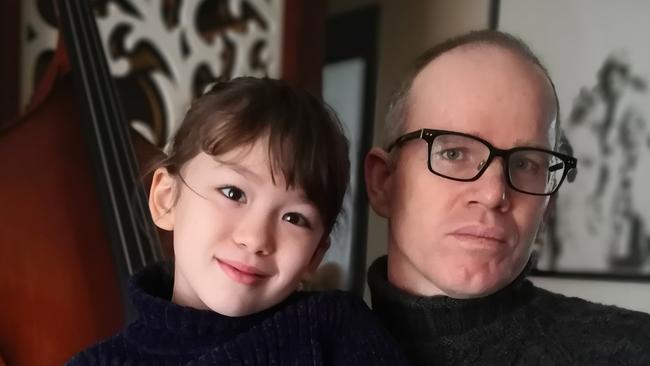
“Of course we have food!” came the reply.
One news article that struck me was a doctor in Wuhan saying he felt like it was the end of the world and he would not let his young son go outside. Even if it were the end of the world — which it isn’t — surely that doctor had an obligation to try to calm things down, not wind everyone up at the first opportunity.
I saw images online of Wuhan hospital seemingly overrun with patients. But medical care is very different in China compared with what we are used to in Australia. There are no GPs here, at least not as we know them.
When you have a medical issue, no matter how trivial, you go to hospital, where it is a one-stop shop. I had an ear problem last September and there were hundreds of people and lots of queues. When I went to see the specialist there were a half-dozen other patients in the room listening to me explain the problem. I am glad my problem was not too personal.
I am not criticising the Chinese medical system, it is just different to what we are used to in the West. There is no doubt the Wuhan medical system is under an extra load, but those images of the hospitals give a misleading impression, as it looked precisely like that when I went to have my ear checked.
One of the positives from this highly centralised medical system is they can build a fully functioning hospital in just 10 days.
On Lunar New Year’s Day, last Saturday, we went out for a walk in Dong Hu (Eastern Lake). It was almost entirely empty, but there were still some people out for a walk.
It was strange walking through the park without thousands of people sweeping by. At this time of year millions of people in Wuhan should be enjoying meals together and going for a walk in Dong Hu. Along the lake there are paper and wire-framed sculptures depicting famous stories and events from Chinese history, and are usually lit up at night.
It usually looks spectacular, but not this year. The most important thing in China is family. The people of Wuhan are not able to gather together with loved ones this year to celebrate the Spring Festival, and that hurts. It is like Christmas has been cancelled.
I do not know how long the city will remain shut down. There is not a lot to do except eat, watch movies and go for walks. Even if the subway were open there would be nothing to do.
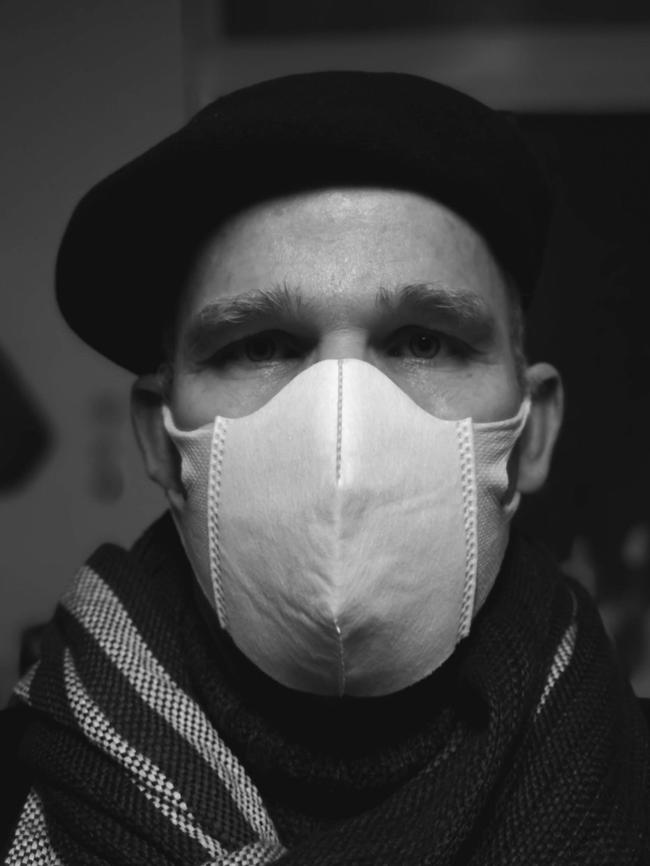
It may seem trivial, but I like taking my daughter to Starbucks for a coffee and a game of chess, but that will not be happening.
I will be spending a lot of time with my wife and daughter locked up in our apartment. We are already developing cabin fever.
“Use a plate when you eat a biscuit … there are crumbs on the floor,” my wife admonished me. “I am not using a plate,” I shot back.
She grabbed a box of my favourite LP records and tossed them out of the apartment front door with the threat that my double bass would follow, probably in several pieces. I called a truce. Outside this building it is not the Zombie Apocalypse, but I am worried that the Apocalypse might unfold within these apartment walls in the coming weeks and months.
Am I worried about this virus? I am not panicking and I have not met anyone who is. Obviously I am concerned. We have a daughter who means more to us than life itself. But we need some perspective here.
To put this in its current context, I was looking up some statistics about the Australian flu season in 2018 and it said there were about 50,000 reported cases and between 4000 and 5000 deaths. The deaths were overwhelmingly among those older than 65 and/or those with pre-existing health issues or illnesses.
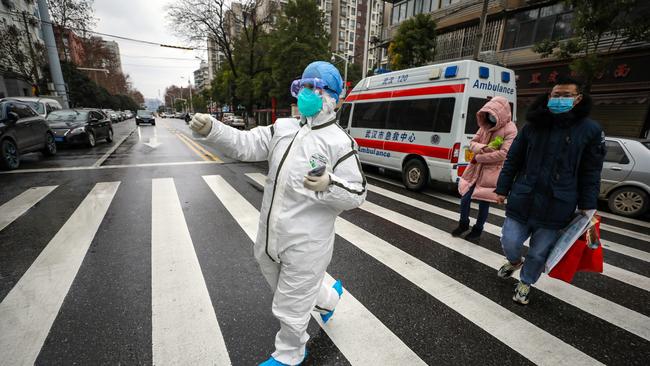
Maybe I am saying this to reassure myself. There are some important differences with this new virus.
To start with, it is new, but also the incubation period is longer; for the flu it is from one to four days, but with this virus it’s around a week and even longer.
However, the kind of people it affects and the rate of deaths makes it look more like what we know and experience from year to year during the regular flu season, not a re-run of the 1918 Spanish flu pandemic.
I know many people in Australia are worried about their relatives in China. I want you to know that people are not panicking and the streets are calm. Just now, as I looked out the window from my balcony on the 20th floor, I saw a young family playing badminton: mum and dad and two little girls, aged about six and three, who were dressed in a traditional red dress with their hair tied into pigtails.
It appears to me that life is already returning to the streets of Wuhan.
Happy New Year.

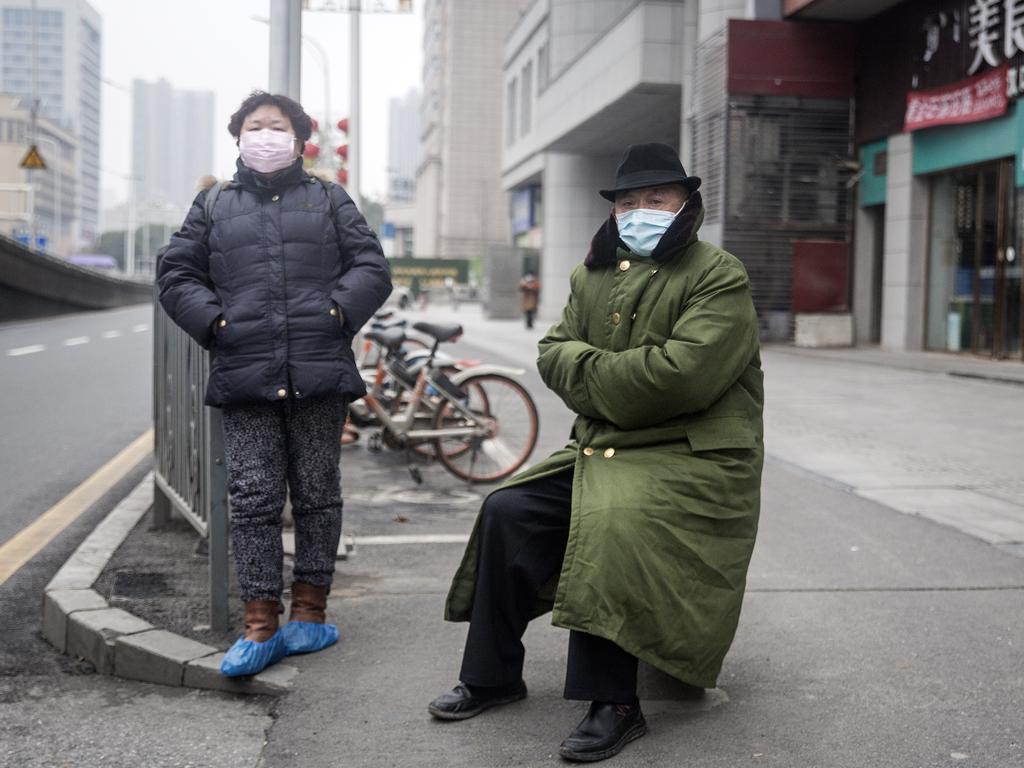
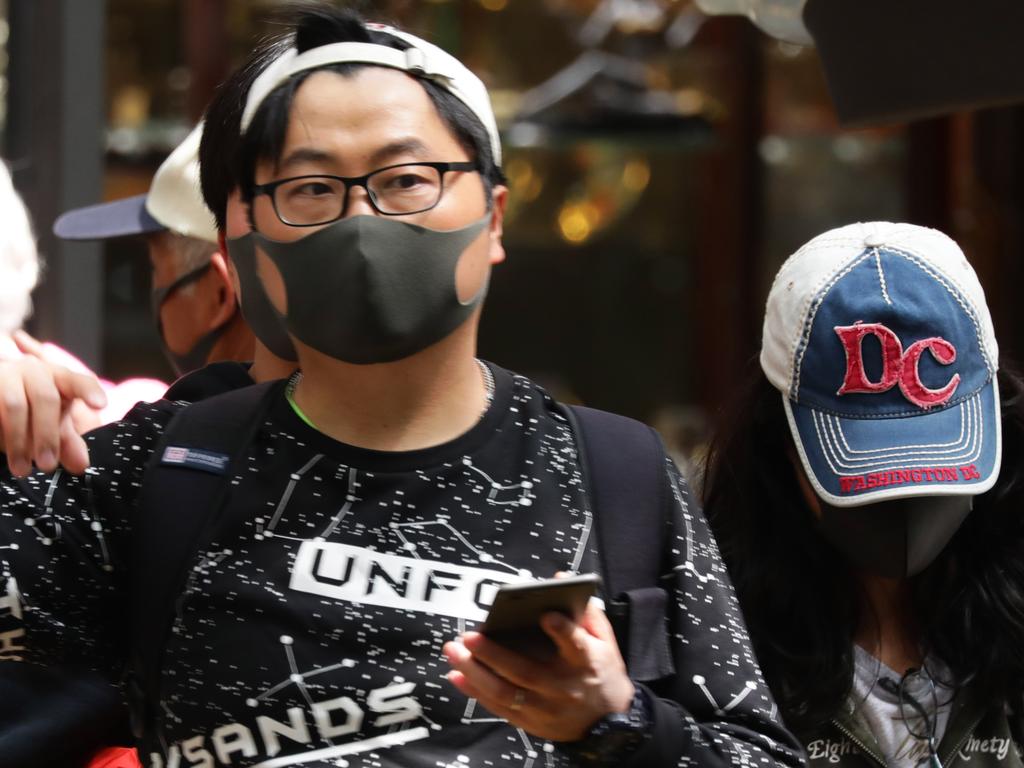

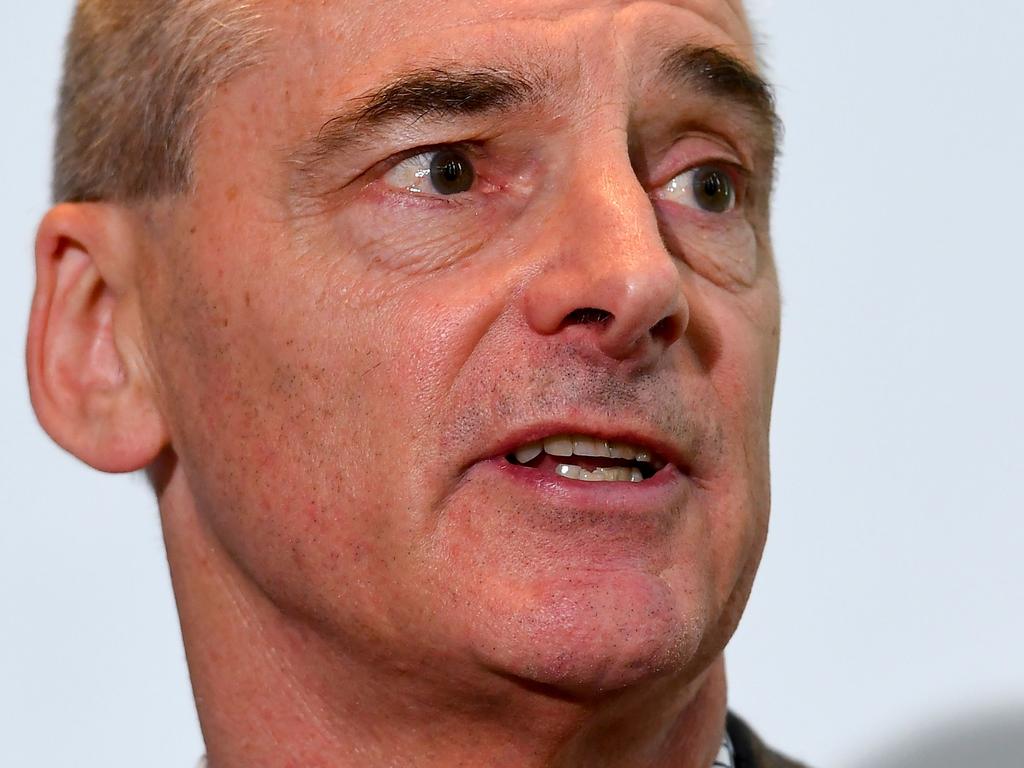
To join the conversation, please log in. Don't have an account? Register
Join the conversation, you are commenting as Logout